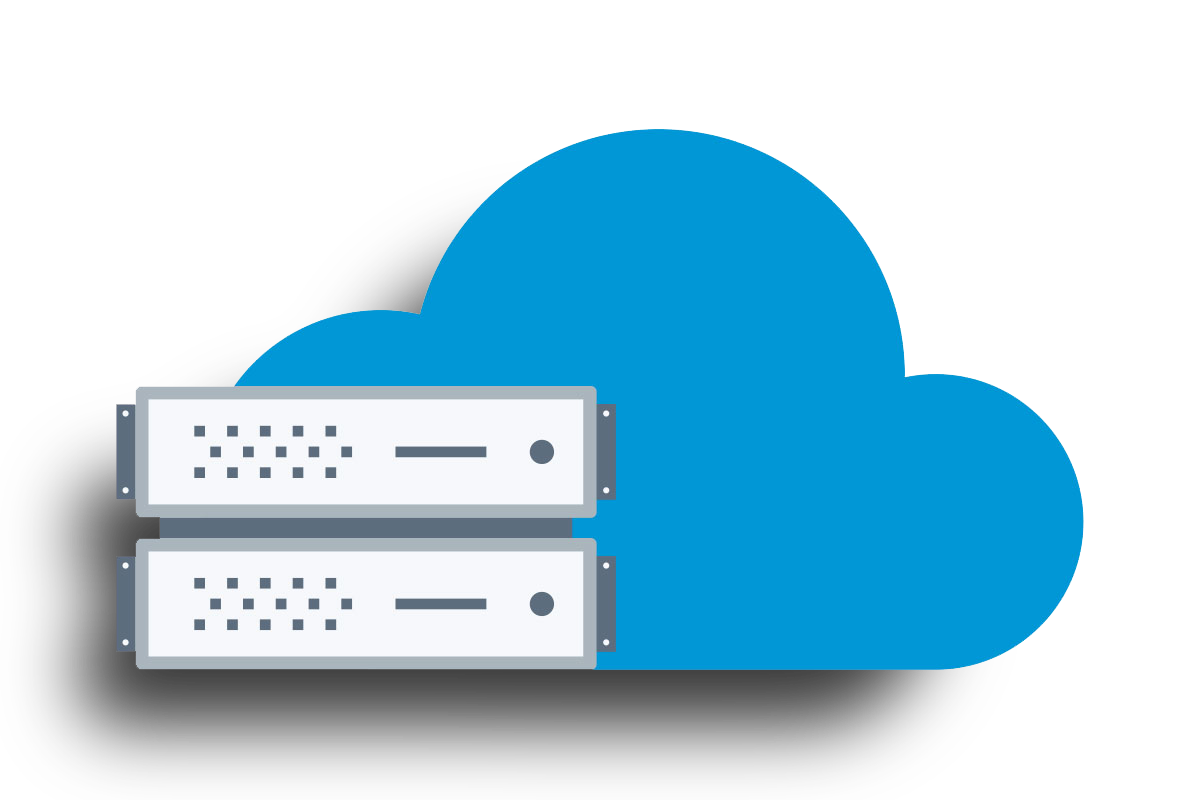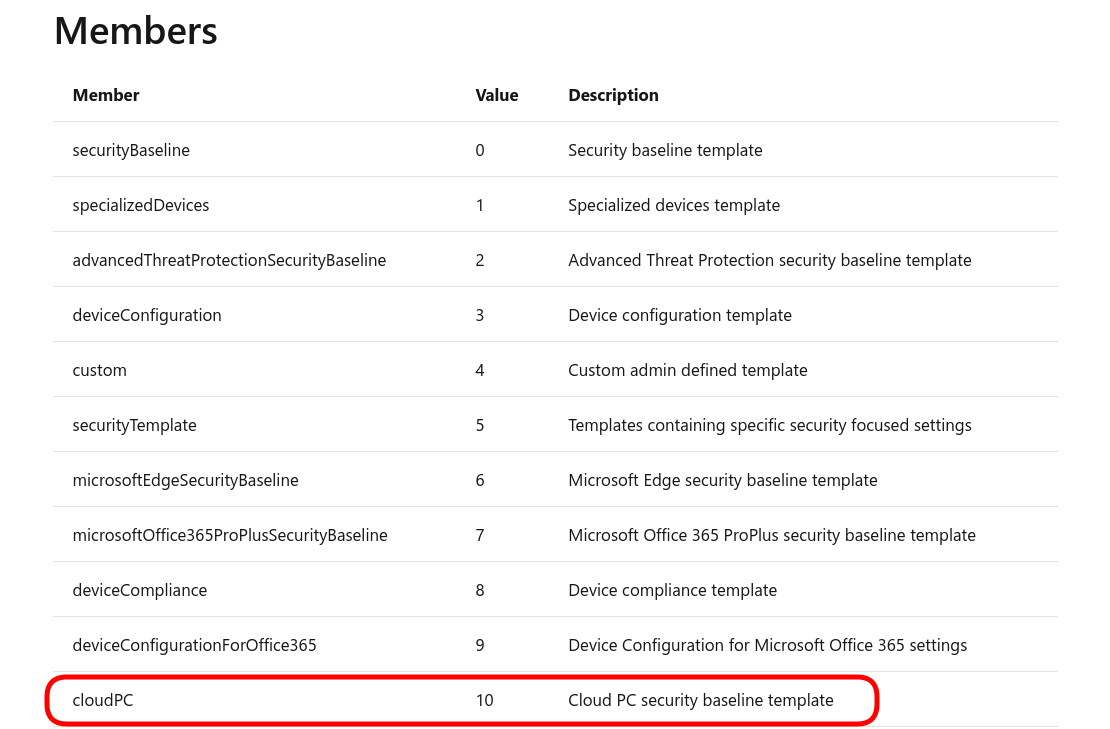Rumor has it that Microsoft is secretly developing a new one service CloudPC and will enable Win32 apps on Windows 10X. Cloud PC references were first spotted in a LinkedIn job and there is very little confirmed information. But a new leak has confirmed that Cloud PC is in the works.
Cloud PC is a service created with a virtual Windows desktop to support “Windows as a Service". Cloud PC is essentially aimed at businesses, and Microsoft says it will manage the service for corporate customers so they don't have to worry about system and Windows application updates.
As the name implies, Cloud PC brings your personal desktop to Microsoft Azure Cloud Service and allows you to remotely access the service from anywhere using any device, including Android or iPhone devices.
In a new support document, Microsoft has mistakenly confirmed that it is developing “Cloud PC”. It is the first time that Microsoft refers to "Cloud PC" publicly through its own platform and simply refers to it as “model baseCloud PC Security”.
The document is online from last week and Microsoft's references to this mysterious software have gone unnoticed until now.

Cloud PC basically means that your Windows 10 operating system will be in the cloud, so you can access it remotely from anywhere. As mentioned above, this feature is for businesses, but the Windows 10X will have the same technology to stream Win32 apps through Microsoft cloud service.
The idea is very similar to the Windows virtual desktop, but will be more advanced and easier to use because of Microsoft Azure.
It remains to be seen when it will be released.





